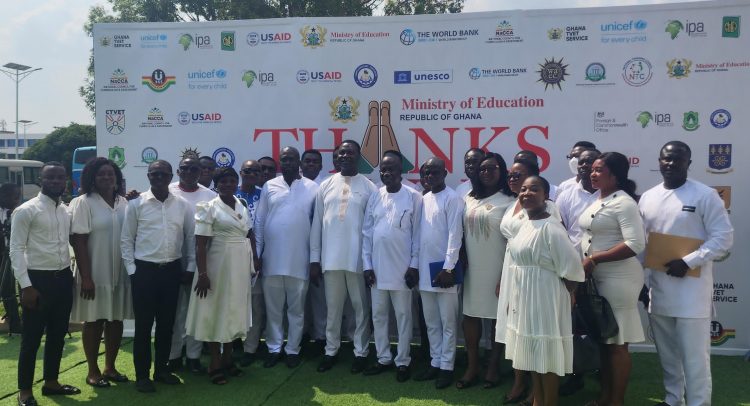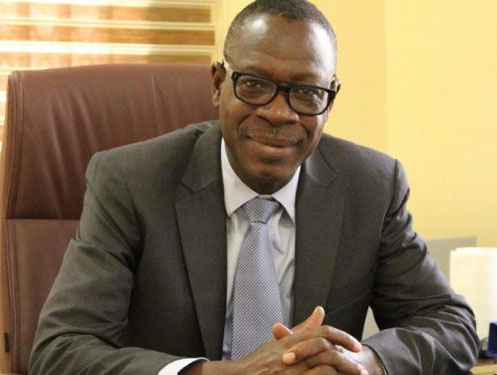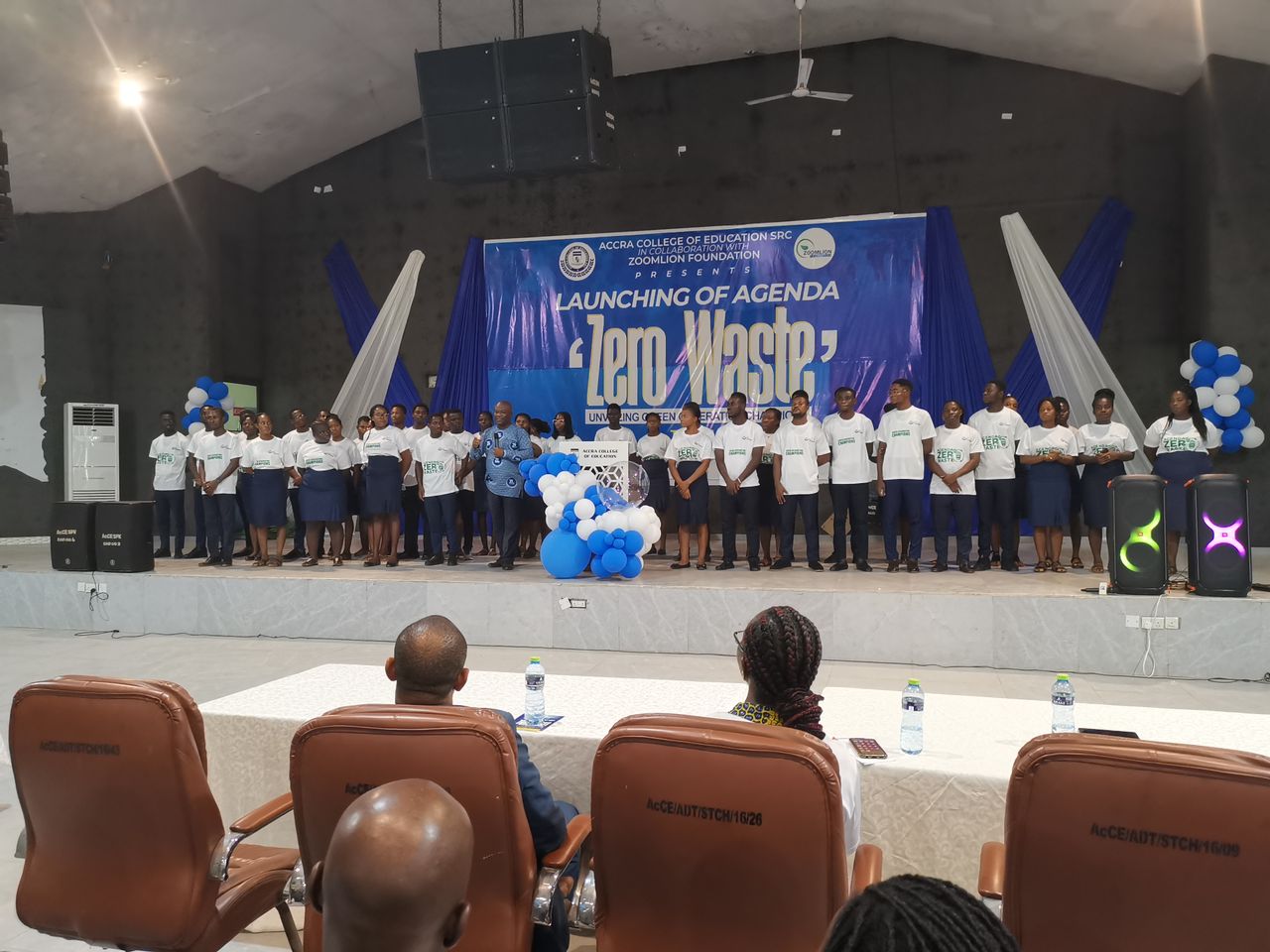
By Ernest Bako WUBONTO
The STAR-Ghana Foundation has launched its comprehensive strategic plan for 2025-2029, outlining a bold vision to deepen impact and sustainability in promoting inclusive development and active citizenship across Ghana.
The plan is a direct response to a changing global and national context characterised by shrinking civic space, economic pressures and a growing demand for citizen engagement.
Executive Director of STAR-Ghana Foundation, Ibrahim-Tanko Amidu, highlighted that the new strategy is a call to action.
“This is more than a plan; it is a call to action for an engaged citizenry, collective ownership, bold partnerships and courageous leadership in shaping Ghana’s democratic future. The future is full of promise, and we seek partners to bring to life the promise of an inclusive and accountable governance system that delivers quality service to Ghanaians and places them at the centre,” he said.
The strategic plan is built upon the foundation’s unique 3CL approach, which sees the organisation acting in five interconnected roles: as a convener of development dialogues, a catalyst for active citizenship, a coordinator of civil society actions, a learning facilitator and a resource mobiliser.
This approach is designed to connect people, ideas and resources to tackle the nation’s most pressing challenges.
Head of Programmes at STAR-Ghana Foundation, Eunice Agbenyadzi, in a presentation, elaborated on the specific focus areas of the new strategic plan to improve and sustain the civic space.
“Our work in the next five years will be strategically focused on five key priority areas essential for national progress. We will dedicate our efforts to civil society strengthening, the right to public services, democratic and inclusive governance, peace and security, and natural resource governance and climate action,” she outlined.

The foundation’s theory of change is predicated on a simple but powerful formula: by building the capacity of civil society groups, creating safe and inclusive spaces for civic dialogue and supporting catalytic actions, meaningful and lasting change can be driven.
The outcomes sought by 2029 include a stronger and more resilient civil society, a more inclusive and accountable governance system, improved peace and security mechanisms, better public service delivery and increased environmental resilience to climate change.
To ensure accountability and learning, the foundation will employ a performance dashboard to track outcomes and adapt its strategies based on annual reviews.
The STAR-Ghana Foundation 2025-2029 Strategic Plan ultimately reaffirms the organisation’s unwavering commitment to building an empowered citizenry and a vibrant civil society capable of holding power to account.
The foundation calls on all stakeholders—including citizens, civil society organisations, government agencies, donors, academia and the private sector to collaborate in the collective pursuit of a just and accountable Ghana.
The Country Director of Oxfam in Ghana, Mohammed-Anwar Sadat Adam, speaking to the media on the sidelines of the launch in Accra, opined that the addition of environmental sustainability in the new strategic plan is a very important development for the country.
He added further that the conversation about shifting the power to society is critical because no conversation about the true development of communities without the voices of local people or the marginalised group can be truly sustainable for the community.
“So, making communities a core in this new strategy demonstrates commitment to localisation of development and sustainability development programmes and projects,” he said.
The post STAR-Ghana Foundation unveils 5-year strategic plan appeared first on The Business & Financial Times.
Read Full Story





















Facebook
Twitter
Pinterest
Instagram
Google+
YouTube
LinkedIn
RSS